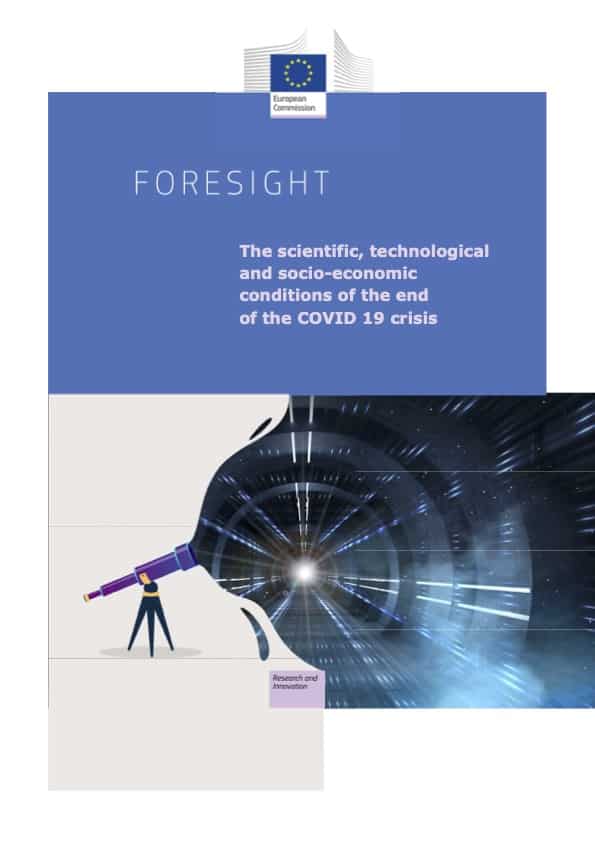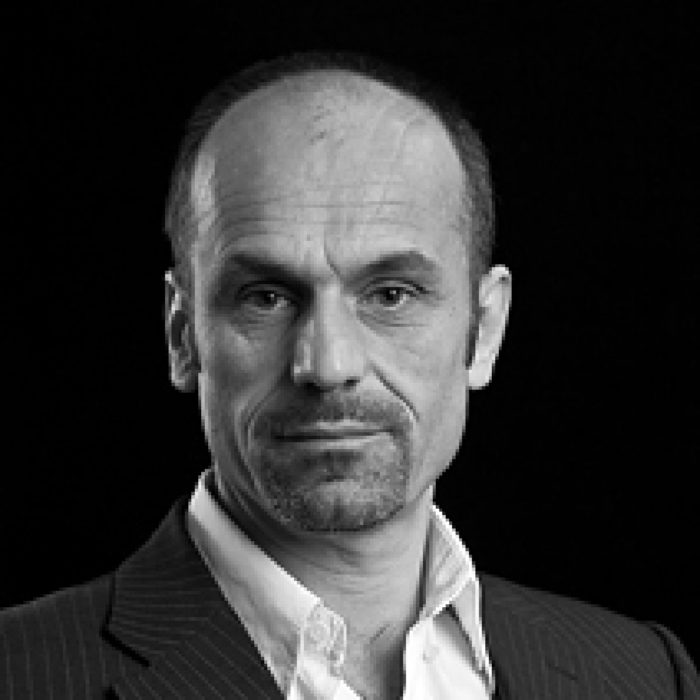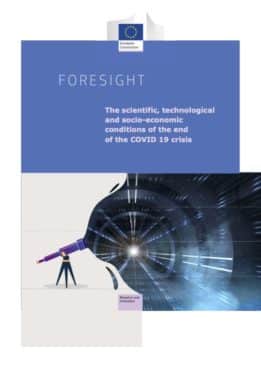The scientific, technological and societal conditions for the end of the COVID-19 crisis
Publiceringsdatum: 25 maj 2021 | Språk: EN
The coronavirus pandemic has changed the world as we know it. Europeans and European businesses are finding their resilience tested to the limit. Importantly, for us at EU level, resilience is not only the ability to withstand and cope with challenges but also to learn, transform emerge stronger and “bounce forward” better.
The European Commission commissioned a foresight study to support reflections on the ongoing COVID-19 pandemic and facilitate policy discussions on the possible medium-term impacts and related opportunities. The study used the Dynamic Argumentative Delphi method to explore experts’ views on specific statements about how Europe may look in 2023, in domains relating to medicine, public health, and socio-economic conditions. An analysis identified consensus views about the future (predictions that can be taken for granted) as well as divergence of views (where major uncertainties lie).
The key uncertainty identified is the acquired immunity of the population against SARS-CoV-2, modulated by the actions of public decision makers and the level of civic engagement. This fed into the development of five plausible but distinct scenarios as regards the possible state of affairs in Europe in 2023. The scenarios are intended to reveal interdependencies and sensitivities and are not predictions; indeed, it is highly likely that none of these perspectives will quite capture the reality of our world in 2023.
The report concludes with key lessons and implications of these scenarios which are hoped to support policy makers in planning for exiting from the pandemic and economic and societal recovery.



